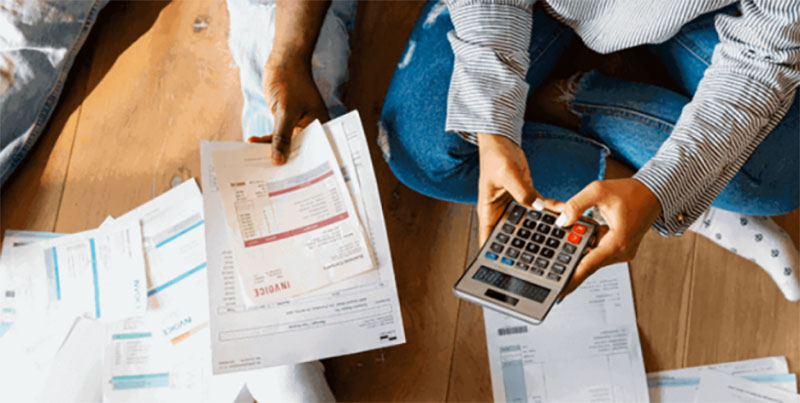
Creditors use different status codes to indicate whether or not payment is current when reporting to credit bureaus. A one-to-twenty-nine-day late payment receives no special treatment. Since creditors will use the "current" code during that time, your late payment will not be reported (or affect your credit ratings) until it is at least 30 days overdue.
There is no way to predict when the late payment status will appear on your credit report because creditors update the credit bureaus at varying intervals. However, many creditors update every month, so the late payment should appear on your credit record within two months of falling behind.
What Is A Late Payment?

Any money owed to a bank, lender, or creditor not paid by its due date is considered a late payment. This article will focus on late payments made on credit card bills. However, late payments on other obligations (such as loans or mortgages) may be handled differently. Four different time frames are available: 30, 60, 90, and 120 days.
A late payment may be shown on your credit report if you accidentally miss a payment. A payment is considered late by the Consumer Financial Protection Bureau if it is received after 5:00 p.m. on the due date as displayed on the billing statement. Payment dates that would otherwise fall on Saturdays, Sundays, or federal holidays will be rescheduled to the next business day. However, whether or not your overdue payment is recorded depends on when it was discovered (more on this below).
One or more of the three major credit bureaus (Experian®, EquifaxTM, and TransUnion®) may be notified if your credit card provider notices you missed a payment. About 30 days after a missed payment, the late payment could appear on your credit report when the bureaus update the information that your issuer has recorded. It is important to remember that if you still have not paid after 30 days, you are technically late.
What Happens To Your Credit Score If You Pay Late?
The effect of late payments on credit scores varies from person to person and depends on the severity of the delinquency and the length of time that payments have been overdue.
If you have a spotless credit history and good credit, a single late payment will hurt your score more than it would someone with a less stellar record. If you have an account of late payments on your credit report, a new late payment may still drop your score, albeit by a smaller amount.
The more time passes between missed payments, the more damage could be done to your credit. A single 30-day late payment may hurt your credit more than having an account that is 60, 90, or 120 days past due. Furthermore, the negative effects of late payments on credit ratings tend to fade over time. In addition, negative marks for late payments will be removed from credit reports after seven years and have no further bearing on credit ratings.
Missing A Payment By A Few Days

Even if you consider yourself responsible and have a strong credit score and excellent credit history, you need more time to make a payment when you are under a lot of pressure from work or caught up in all kinds of chores might be simple. If you are late by a few days, your issuer may not report a late payment but then make a complete payment immediately. If you can only afford a partial payment, this will be recorded as late and negatively impact your credit score. Late payment will be reflected on a credit report 30 days after the due date has passed. Depending on the terms and conditions of your credit card, this late payment could harm your credit score and result in a higher annual percentage rate (APR).
What To Do If A False Report Of A Late Payment Is Made
If a late payment appears on your credit report, but you are sure that the bill was paid on time, you can submit a dispute with the credit reporting agency to have the information updated. While Experian, TransUnion, and Equifax have slightly different dispute processes, you can contact each by letter, phone, or their respective websites.
The quickest and easiest method is to visit Experian's online Dispute Center. You can challenge a late payment on your credit report after registering or login into your account. If you have supporting documentation, such as proof of your one-time payment, you can upload it at this point to help your case.
During the investigation and resolution procedure, which should take no longer than 30 days, Experian will keep you informed. When the study is over, the disputed material will be updated or removed from your report, or it will remain as is if it was determined to be accurate.



